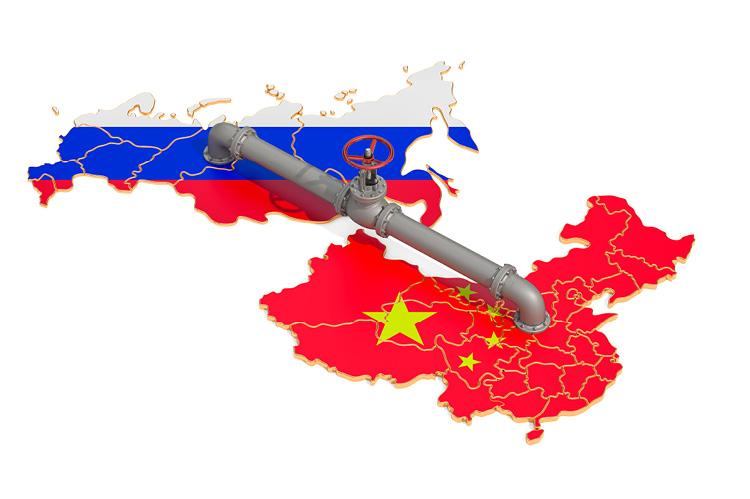Power of Siberia 2 Pipeline Puts Ever More Pressure on Europe

Russia has agreed to a 30-year contract to supply gas to China via Power of Siberia 2, a new 2600-km pipeline originating in the Bovanenkovo and Kharasavey gas fields in Yamal, bolstering an energy alliance with Beijing amid Moscow's strained ties with the West over Ukraine and other issues.
Gazprom, which has a monopoly on Russian gas exports by pipeline, agreed to supply Chinese state energy major CNPC with 10 billion cubic metres of gas a year, the Russian firm and a Beijing-based industry official said.
Western officials worry that the project could have serious geopolitical implications for energy-hungry European nations before they embark in earnest on a long transition to renewables and away from fossil fuels.
Russia already sends gas to China via its Power of Siberia 1 pipeline, which began pumping supplies in 2019, and by shipping liquefied natural gas (LNG). It exported 16.5 billion cubic metres (bcm) of gas to China in 2021.
The Kremlin has been eager to expand its energy market in China, which will need more gas in coming years to substitute for an eventual phasing down of coal, according to Vita Spivak, an energy analyst at Control Risks, a global consulting firm. Spivak told a discussion forum earlier this month that Kremlin officials are anxious to “exploit the opportunity” especially “considering there is a good working relationship between the two capitals.
McKinsey, the strategic management consulting firm, estimates Chinese demand for gas will double by 2035. That will be a godsend for Russia. European governments are already setting out plans on how to transform their energy markets—how they will generate, import and distribute energy and shift to renewables and, in some cases, nuclear power. Russia needs to diversify into Asia to prolong its profits from its vast natural gas resources as Europe slowly weans itself off Gazprom supplies.
